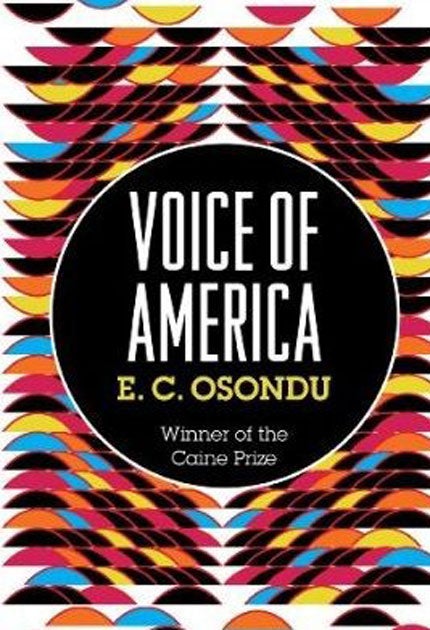Voice of America, By EC Osondu
A debut that comes up a little short

Your support helps us to tell the story
From reproductive rights to climate change to Big Tech, The Independent is on the ground when the story is developing. Whether it's investigating the financials of Elon Musk's pro-Trump PAC or producing our latest documentary, 'The A Word', which shines a light on the American women fighting for reproductive rights, we know how important it is to parse out the facts from the messaging.
At such a critical moment in US history, we need reporters on the ground. Your donation allows us to keep sending journalists to speak to both sides of the story.
The Independent is trusted by Americans across the entire political spectrum. And unlike many other quality news outlets, we choose not to lock Americans out of our reporting and analysis with paywalls. We believe quality journalism should be available to everyone, paid for by those who can afford it.
Your support makes all the difference.Iread this debut collection's opening story in the New Statesman, where its unsentimental account of boys jostling for food in a refugee camp complemented the magazine's egalitarian, internationalist tone. Acapulco, Orlando, Lousy and Sexy, all named for the messages on their hand-me-down T-shirts, rattle around the camp reckoning the long odds on any of them being adopted by a Westerner. Killing time between food and water deliveries, the needy boys prepare to scramble for meagre daily offerings of Red Cross soup. In banter that feeds off rumour, Osondu captures the boys' vulnerabilities and essential humanity, mediating the distant Western world through the prism of their forlorn hopes.
The setting for most of Osondu's tales is Nigeria, or they show Nigerians scraping by in America. Several other stories offer the same grainy capture of men and women struggling to cope with or improve mostly adverse situations. "Bar Beach Show" musters a sense of foreboding as a morally stern man takes his wayward boys to witness the public execution of armed robbers, while "Janjaweed Wife" views the conflicted efforts of a displaced mother to find a secure home.
Paiko is arrested in a brothel raid while waiting for his girlfriend to finish with her last client: his tribulations in "A Simple Case" make for a spirited yarn with a satisfying twist. Osondu's rolling prose introduces a clutch of colourful characters, but too few of the fictions collected here manage to deliver that final twist. Too many have the ambience of vignettes, yielding intriguing glimpses of Nigerian life but lacking the tautness required to give short fiction that necessary strong punch.
Osondu won the 2009 Caine Prize for African Writing and this debut promises much – even if a little more intensity and emotional nuance could be distilled from the author's young cast. Drawing in spirituality and superstition as well as the friction within families (which so often centres on the role and place of women), many of Osondu's stories are resonant of The Thing Around Your Neck, Chimamanda Ngozi Adichie's story collection. Adichie's quietly determined Nigerian women juggle anxieties, aspirations and a stoical yearning for personal independence. Osondu plumbs similar ethnic and ethical conflicts, but his genial prose has a comparatively muted emotional palette, rarely generating a depth of conviction, anguish or delight.
Join our commenting forum
Join thought-provoking conversations, follow other Independent readers and see their replies
Comments